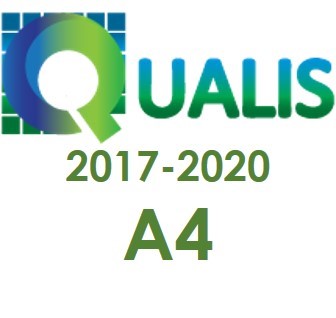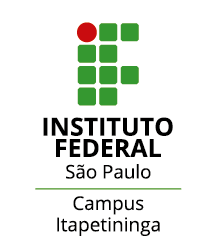Chemistry teacher training needs
the question of "knowing" and "knowledge" in their pedagogical practices
Keywords:
Training needs. Pedagogical practices. Chemistry teachers.Abstract
In this work, an analysis of the training needs of the professors of Chemistry in front of the
perceptions of their teaching practices was carried out, in the public schools of the city of
Paranavaí in the state of Paraná, being able to contribute in a more efficient and effective
formation of the teachers. Taking a more current mapping of training needs, we observed that
there is a great lack of teachers in this area of knowledge and the results obtained can serve
as a basis for discussions involving initial and continuing training proposals. The analysis
highlighted in the interviews and observations with the professors of Chemistry, the question
of what to "know" and "know how to do" to teach a quality teaching. In this research was
used a field research, descriptive and qualitative to analyze the data referring to the teachers
who teach the discipline of Chemistry in High School in the teaching institutions that are part
of the Regional Nucleus of Education of Paranavaí - PR. Data collection was done through
interviews and observations with 10 resident teachers in the city of Paranavaí, to investigate
and discuss their training needs. Finally, teachers' statements were important to discuss the
knowledge that needs to be acquired, providing a rich and complex view of the teaching
activity.
Downloads
References
BRASIL. Ministério da Educação. Secretaria de Educação Básica. Orientações Curriculares para o Ensino Médio. Volume 2. Ciências da natureza, matemática e suas tecnologias. Brasília, 2006. Disponível em: <http://portal.mec.gov.br/seb/arquivos/pdf/book_volume_02_internet.pdf>. Acesso em: 27 de abr. 2016.
BROOKS, V.; SIKES, P. The good mentor guide: inicitial teacher education in secondary schools . Buckingham: Open University Press, 1997.
CARVALHO, A. M. P.; GIL-PÉREZ, D. Formação de professores de ciências: tendências e inovações. 10. ed. São Paulo: Cortez, 2011. 217 p.
CHIZZOTTI, A. Pesquisa em ciências humanas e sociais. 7. ed. São Paulo. Cortez, 2005. 166 p.
FEIMAN-NEMSER, S.; PARKER, M.; ZEICHNER, K. Are mentors` teachers teacher educators? In. D. Mclntery, H. Hagger e M. Wikin (Eds.), Mentoring: perspectives on school –based teacher education. London: Kogan Page, p. 147-165, 1993.
GARCIA, C. M. A. Formação de professores para uma mudança educativa. Porto: Porto Editora, 1999. 272 p.
GARCIA, C. M.; VAILLANT, D. Desarrollo professional docente: Como se aprende a enseñar? Madrid: Narcea, 2009. 176 p.
GIL, A. C. Métodos e Técnicas de Pesquisa Social. 5. ed. São Paulo: Atlas, 1999. 220 p.
LIBÂNEO, J. C. Didática. São Paulo: Cortez, 1994. 263 p.
MAY, T. Pesquisa social: questões, métodos e processos. Porto Alegre: Artmed, 2004. 288 p.
MINAYO, M. C. S. (org.). Pesquisa Social: teoria, método e criatividade. Petrópolis, RJ: Vozes, 1994. 80p.
SACRISTÁN, J. G. Poderes instáveis em educação. Porto Alegre: Artes Médicas, 1999. 287 p.
SILVA, O. S. da. A interdisciplinaridade na visão de professores de química do ensino médio: concepções e práticas. 2008. 148 f. Dissertação (Mestrado em Educação para a Ciência e o Ensino de Matemática) – Universidade Estadual de Maringá, Maringá, 2008. Disponível em:
<http://cienciaematematica.vivawebinternet.com.br/media/dissertacoes/81af424815b46cd.pdf>. Acesso em 26 jan. 2016.
VEIGA, I. P. de A. Projeto político pedagógico da escola: uma construção coletiva. In: VEIGA, I. P. de A. (org.). Projeto político-pedagógico da escola: uma construção possível. Campinas (SP): Papirus, p. 11-35, 1995.
WATSON-DAVIES. Lesson observation. Hampshire: Teachers Pockettbooks, 2009.
Downloads
Published
How to Cite
Issue
Section
License

This work is licensed under a Creative Commons Attribution-NonCommercial-ShareAlike 4.0 International License.



 Este trabalho está licenciado sob uma licença
Este trabalho está licenciado sob uma licença 